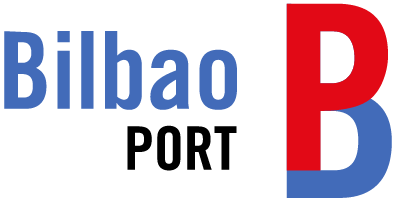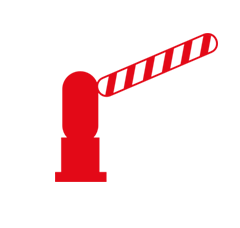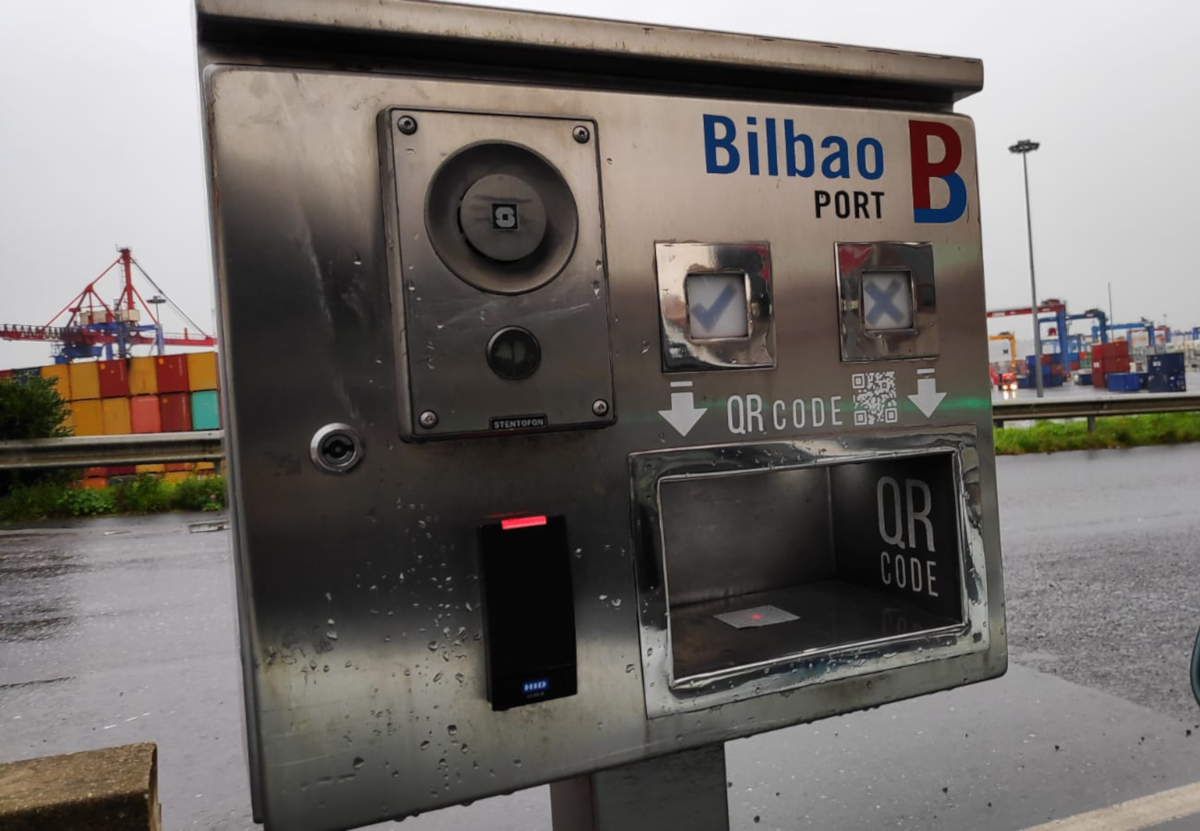At the Mobile World Congress (MWC) held in Barcelona from 28 June to 1 July, Telefónica has showcased how it is deploying edge computing and deep learning technologies in the industry to take full advantage of the extraordinary opportunity presented by digital transformation.
One such project is the one being developed with the Port Authority of Bilbao and Allread, consisting of the application of artificial vision technologies based on deep learning for the real-time recognition of vehicle, container and goods number plates and signs to enable automated access control. The innovative algorithm, which manages to read the plates even if they are damaged or under adverse weather conditions, is housed in Telefónica’s edge computing, extending the functionality of the cameras and guaranteeing access control in minimum time from the network, as Telefónica has these artificial intelligence capabilities very close to the port. A key factor has been the reuse of the cameras already installed in the port. Thanks to Telefónica’s network, edge computing and deep learning, these cameras are now able to take more precise readings in real time.
This project is key to delivering digital transformation in ports by automating their processes to reduce waiting times for vehicles, increasing the traceability

 Port access
Port access